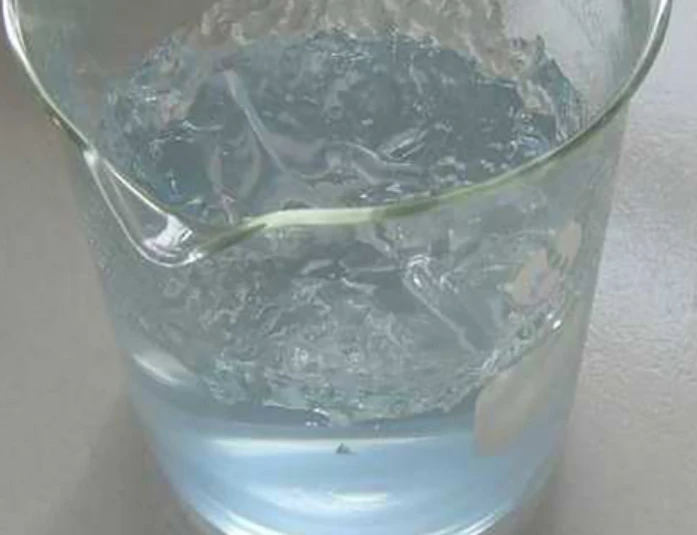Applications of Poly Aluminum Chloride in Various Industries and Water Treatment Processes
The Versatile Uses of Poly Aluminum Chloride
Poly Aluminum Chloride (PAC) is an inorganic polymer compound that has gained widespread attention due to its distinctive properties and versatility in various applications. This composite is primarily used in water treatment processes, but its utility extends far beyond that realm. In this article, we will explore the multifaceted uses of PAC, highlighting its significance in different industries.
Water Treatment
One of the primary applications of PAC is in water treatment, where it serves as a coagulant. In municipal water treatment facilities, PAC is utilized to remove impurities and suspended particles from water, making it safe for human consumption. The positive charge of PAC neutralizes the negative charges of contaminants, allowing them to agglomerate into larger particles that can be easily removed through sedimentation or filtration.
PAC is also effective in treating industrial wastewater. Its ability to bind with various contaminants, such as heavy metals, oils, and organic compounds, allows for cleaner discharge into water bodies. The efficiency of PAC in reducing chemical oxygen demand (COD) and total suspended solids (TSS) makes it a preferred choice for many industries, including textiles, paper, and food processing.
Paper Industry
In the paper manufacturing process, PAC acts as a retention and drainage aid. By promoting the retention of fine particles and fillers, it enhances the quality and brightness of paper while reducing the amount of raw materials needed. PAC’s use in the paper industry not only increases production efficiency but also lowers costs, making it a vital component in modern papermaking.
Furthermore, PAC serves as a sizing agent in the paper industry, which helps improve the paper's resistance to water and ink penetration. This added durability is crucial for creating high-quality products that meet the demands of consumers and businesses alike.
Textile Industry
The textile industry also benefits significantly from the application of PAC. It is used during the dyeing process to enhance the fixation of dyes on fabrics, resulting in more vibrant and long-lasting colors. PAC assists in the reduction of dye wastage, which not only saves costs but also minimizes the environmental impact of textile production.
poly aluminum chloride uses

Moreover, PAC serves as a coagulating agent in the treatment of textile effluents, effectively removing hazardous substances and ensuring compliance with environmental regulations. This dual functionality underscores PAC’s role in promoting sustainable practices within the textile sector.
Food and Beverage Processing
In the food and beverage industry, PAC is employed as a clarifying agent. It aids in the clarification of various liquids, such as fruit juices and alcoholic beverages, by facilitating the removal of suspended solids. This process improves the clarity and visual appeal of products, making them more attractive to consumers.
Additionally, PAC has been assessed for its safety in food applications, as it does not impart any undesirable flavors or colors. As a result, it is increasingly adopted by food producers seeking effective solutions for enhancing product quality.
Other Applications
Beyond these major industries, PAC finds use in various other applications. In construction, it is utilized as a cement additive to improve strength and workability. Its role as a flocculant in mining operations helps in the recovery of valuable minerals from ore.
PAC's biodegradable nature and low toxicity have made it a preferable option for environmentally conscious businesses aiming to reduce their ecological footprint. Its adaptability, combined with its efficient performance, positions PAC as a critical component in numerous industries.
Conclusion
The diverse applications of Poly Aluminum Chloride exemplify its importance in modern industrial processes. From water treatment and paper manufacturing to textile production and food processing, PAC serves as a vital tool for enhancing efficiency, quality, and sustainability. As industries continue to seek eco-friendly and effective solutions, the role of PAC will undoubtedly expand, cementing its status as an indispensable compound in various sectors.
-
Water Treatment with Flocculant Water TreatmentNewsJun.12,2025
-
Polymaleic AnhydrideNewsJun.12,2025
-
Polyaspartic AcidNewsJun.12,2025
-
Enhance Industrial Processes with IsothiazolinonesNewsJun.12,2025
-
Enhance Industrial Processes with PBTCA SolutionsNewsJun.12,2025
-
Dodecyldimethylbenzylammonium Chloride SolutionsNewsJun.12,2025





